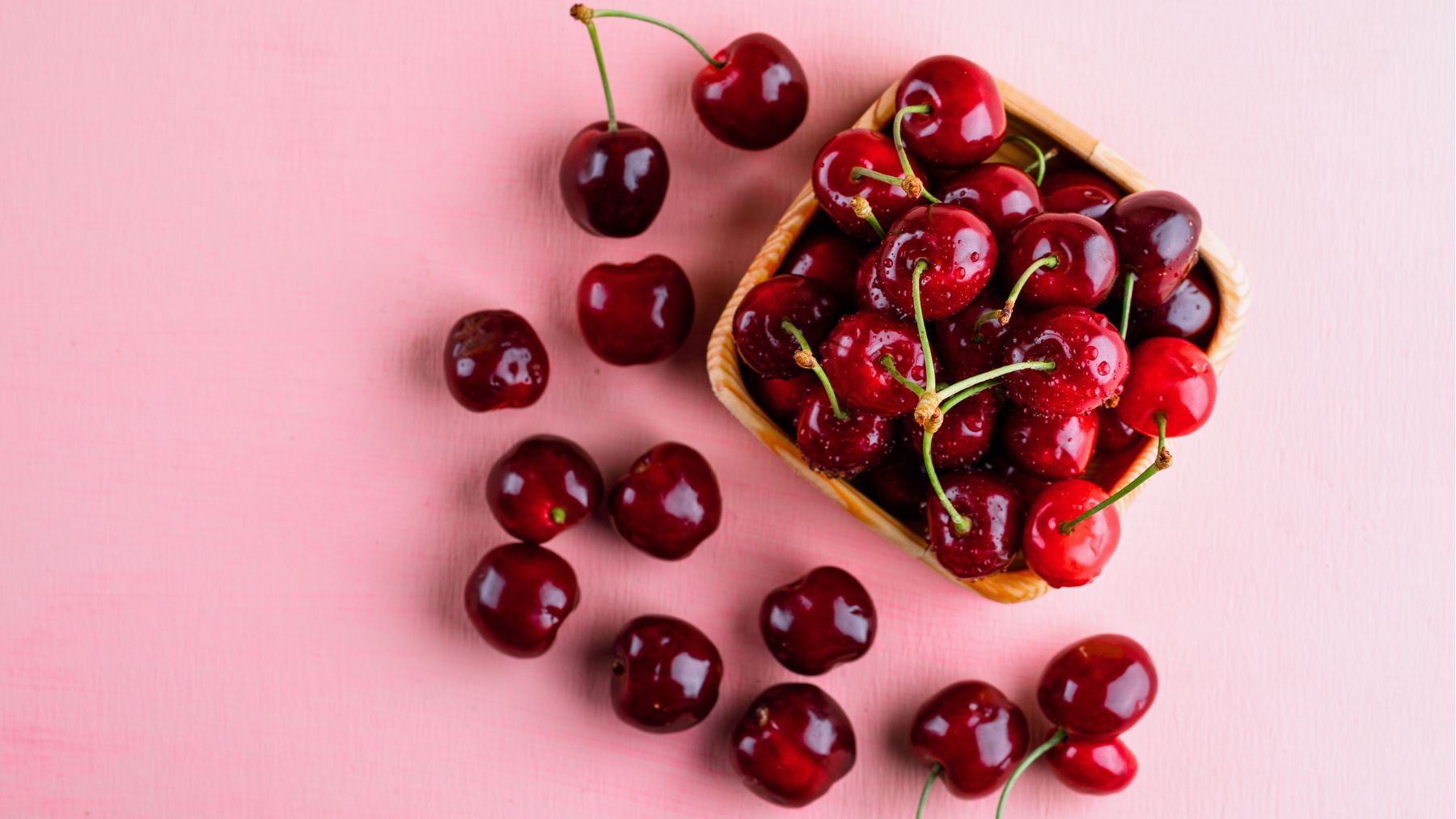Getting a bowl of fresh cherries is one of the best parts of summer, but they don’t always come perfectly clean. Their thin skin can carry dirt, bacteria, and mold spores that speed up spoilage if not handled properly. That’s why knowing how to wash and store them correctly is just as important as choosing the ripest fruit.
Colorado State University Extension recommends a simple method that protects flavor, reduces contamination, and helps cherries last longer. In the following sections of this article, we’ll go through the approach step by step, explain why it works, and add another safe option that can help reduce pesticide residues even further.
The right way to wash cherries
According to Colorado State University, cherries (and other berries like grapes and blueberries) should always be stored unwashed in the refrigerator until you’re ready to eat them. Washing before storage leaves moisture on the skin, which makes mold grow faster.
When you’re ready to use them, start by checking for any cherries that are soft, spoiled, or moldy. Discarding them prevents the spread of spoilage organisms to the rest of the batch. Then, place the cherries in a colander and wash them gently under cool running water. Swish them lightly with your hands to remove dirt and surface microbes.
There’s no need for soap or special produce washes—plain water is both safe and effective. This straightforward method keeps cherries fresh while lowering bacterial contamination. Dry them well with a clean towel or paper towels before eating, since excess moisture left on the fruit can make them spoil quickly.
Another way to clean cherries more deeply
Some people prefer an extra step to help reduce pesticide residues. For this, you can use a baking soda and vinegar soak. Fill a large bowl with clean water, then add about 1/4 cup of white vinegar and 2 teaspoons of baking soda. Let the cherries sit in the solution for 10 to 15 minutes, then rinse thoroughly under cold running water. Dry completely before eating or storing.
While this method is optional, it provides additional peace of mind for those concerned about pesticides. Just be careful not to soak the cherries too long, as they can lose texture and flavor.
Tips to keep cherries fresh longer
Washing is only half the story. How you pick and store cherries matters just as much for food safety and shelf life. Take a look at these recommendations:
- Choose firm, glossy fruit with intact stems. Avoid cherries that look dull, soft, or wrinkled.
- Sort before storing and remove any spoiled cherries immediately to stop mold from spreading.
- Refrigerate unwashed cherries in a breathable container lined with paper towels to absorb moisture.
- Wash only right before eating to prevent premature spoilage.
- Enjoy them within a week for the best taste and texture.
Handled this way, cherries will keep their sweetness and will be safe to eat for several days. Following the simple method ensures you get clean, fresh fruit every time, while the optional baking soda soak gives you another layer of protection if you want it.

